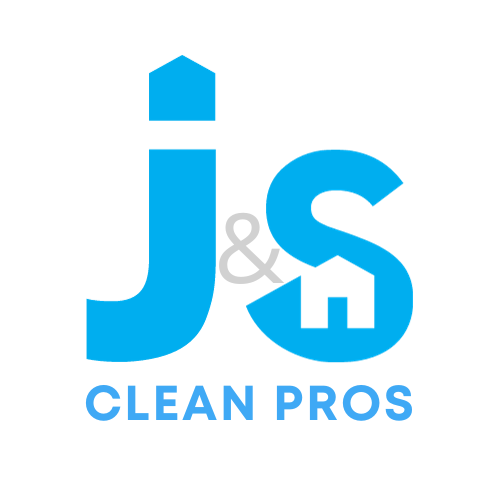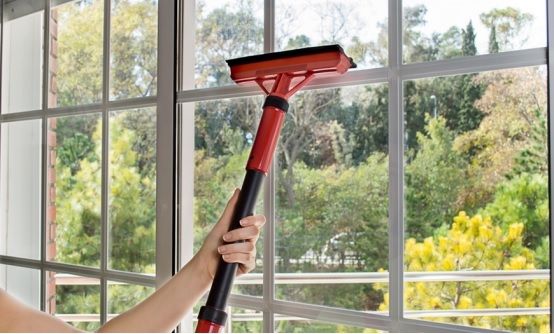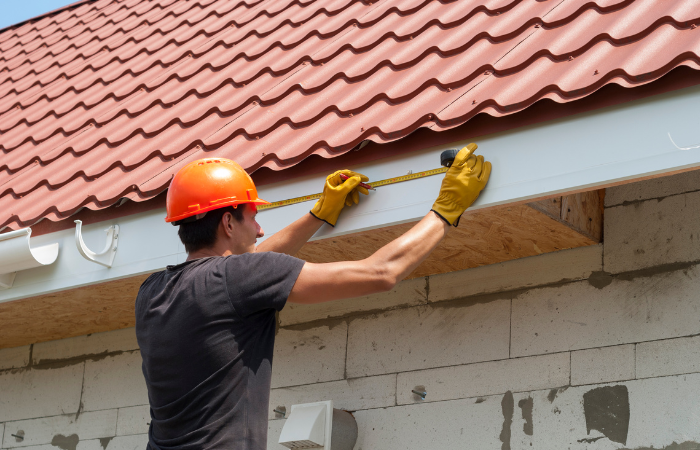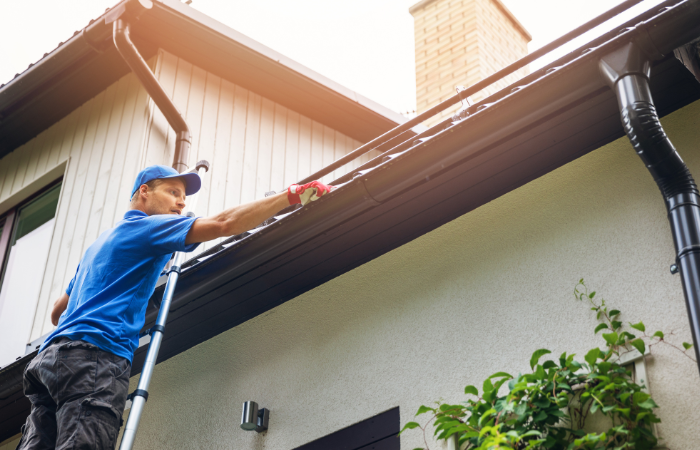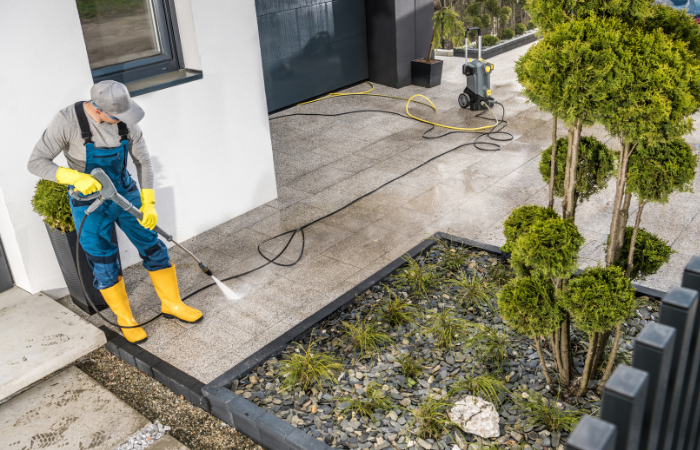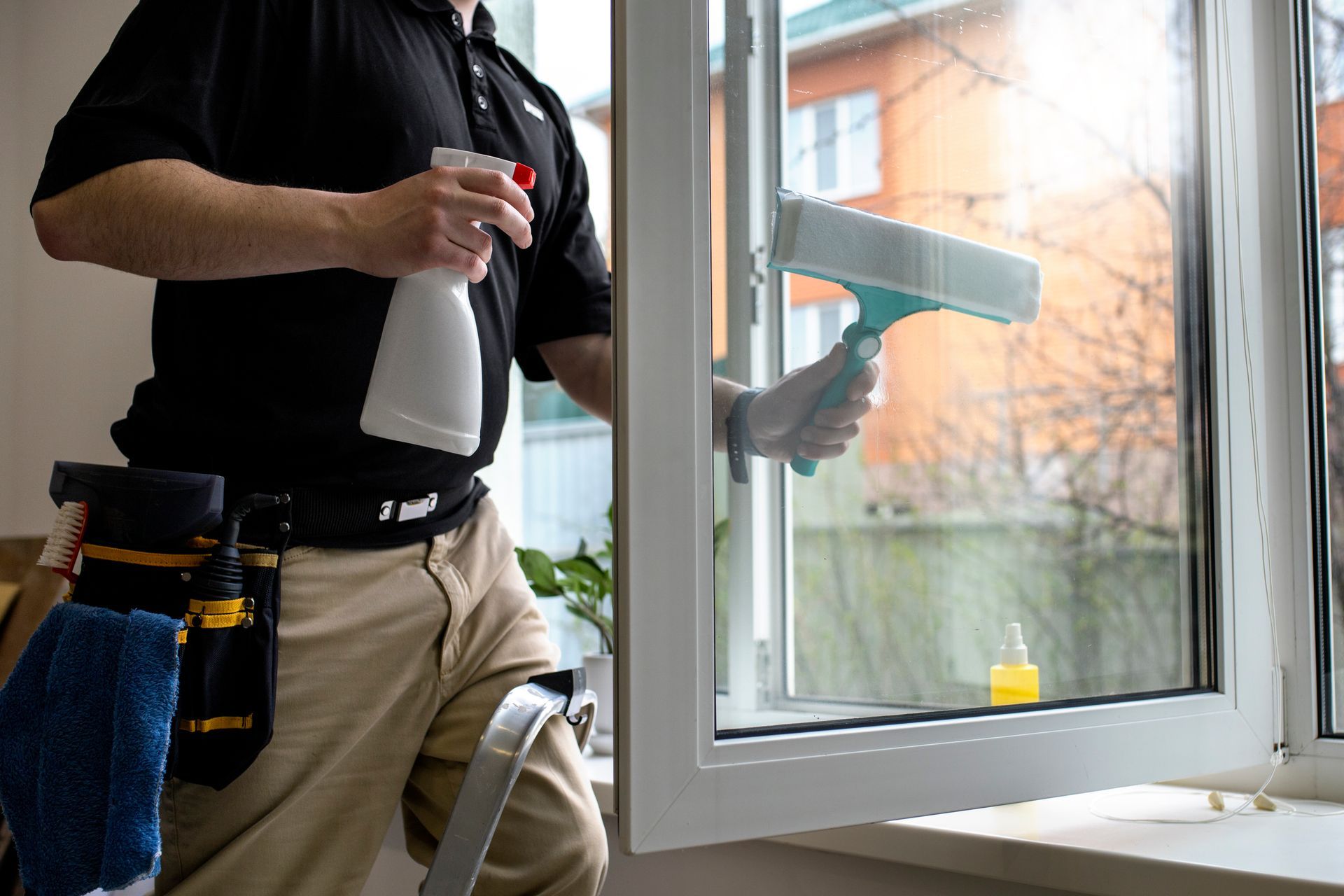Navigating Local Regulations: Pressure Washing and Environmental Compliance
Navigating Local Regulations: Pressure Washing and Environmental Compliance
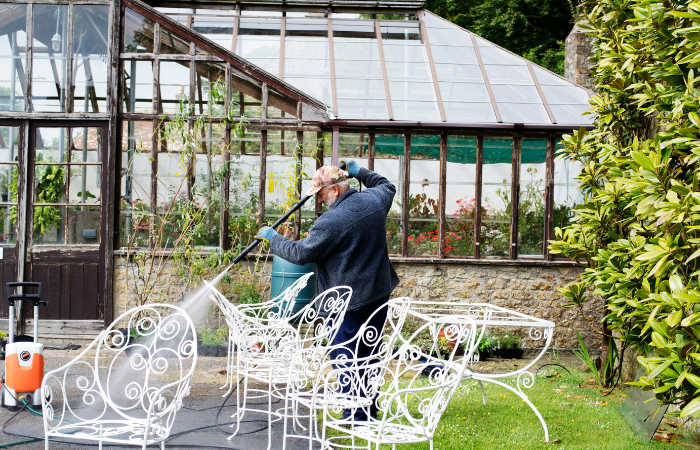
In our quest to maintain cleanliness and beauty in our surroundings, pressure washing has emerged as a highly effective method for scrubbing away stubborn dirt, grime, and other unsightly substances. However, as we increasingly prioritize environmental stewardship, it's essential to recognize that this powerful cleaning technique comes with its own set of responsibilities.
This article delves into pressure washing, highlighting the crucial balance between achieving spotless results and safeguarding our planet. We'll explore the regulations and best practices designed to minimize environmental impact, ensuring that our efforts to clean do not come at the expense of the natural world.
Understanding Pressure Washing Regulations
Pressure washing involves the use of high-pressure water spray to remove grime, dirt, mold, and other substances from surfaces. While it's an effective cleaning method, improper pressure cleaning can lead to environmental harm, such as water pollution and damage to surrounding landscapes. Consequently, many localities have established regulations to mitigate these risks.
These regulations may encompass:
Permit Requirements: In some regions, permits are mandatory for pressure washing to ensure operators understand and follow local environmental regulations. These permits help maintain environmental integrity by ensuring that individuals and businesses are aware of and comply with guidelines designed to protect the local ecosystem from potential harm caused by runoff and chemical exposure.
Water Reclamation: Water reclamation in pressure washing captures used water to prevent it from contaminating local waterways. This process is crucial for preventing pollutants from entering storm drains and affecting natural bodies of water. By recycling used water, we can reduce the environmental footprint of pressure-cleaning activities.
Chemical Use: There are strict regulations on the chemicals used in pressure washing, especially near water bodies, to prevent environmental contamination. Operators must choose environmentally friendly chemicals that do not hurt aquatic life or pollute water sources. Adhering to these guidelines helps protect ecosystems from chemical exposure and pollution.
Noise Restrictions: Noise ordinances in some areas limit the use of loud pressure washing equipment during certain times to prevent community disturbance. These restrictions are important for maintaining peace in residential areas, ensuring that the loud noise from pressure cleaning does not disrupt the daily lives and well-being of the community residents.
Best Practices for Environmentally Friendly Pressure Washing
Environmentally friendly pressure washing is crucial for maintaining cleanliness without causing harm to the environment. Here are some best practices to ensure that your pressure cleaning activities are as eco-friendly as possible:
Use Eco-Friendly Cleaning Solutions: Opt for cleaning agents that are biodegradable and free from harmful chemicals. These solutions break down naturally in the environment, reducing pollution and harm to wildlife. Look for products that are certified eco-friendly and avoid those containing phosphates or volatile organic compounds, which can cause water and air pollution, respectively. By selecting these greener alternatives, you contribute to cleaner waterways and a healthier ecosystem.
Water Conservation: Employ methods that reduce water usage to conserve this vital resource. Techniques include collecting and reusing water and utilizing equipment designed for low water consumption. This approach not only conserves water but also minimizes the runoff of contaminants into natural water bodies. By prioritizing water efficiency, you can achieve the same cleaning results while using less water, which is especially crucial in areas facing water scarcity.
Proper Waste Management: Prevent runoff by containing and treating contaminated water. Use barriers to prevent wastewater from entering storm drains, and consider implementing a water treatment system to remove pollutants before disposal. Proper waste management ensures that harmful substances do not contaminate local water bodies, protecting aquatic life and maintaining the quality of the water in your community.
Energy Efficiency: Choose energy-efficient equipment to reduce your carbon footprint. Electric models are generally more energy-efficient and emit fewer pollutants than their gas-powered counterparts. Additionally, consider employing renewable energy sources, such as solar power, to operate your equipment. By opting for energy-efficient solutions, you contribute to decreasing greenhouse gas emissions and promoting a cleaner, more sustainable environment.
Reduce Noise Pollution: Select equipment designed for quiet operation to minimize noise pollution. Noise pollution can negatively impact both wildlife and human communities, causing stress and disrupting natural habitats. By using quieter equipment, you can perform necessary tasks without contributing to noise pollution, creating a more peaceful and environmentally friendly atmosphere.
Sustainable Practices: Invest in sustainable practices beyond just the equipment. This includes proper training in eco-friendly methods, regular maintenance of equipment to ensure efficient operation, and selecting products and materials that are sustainable and eco-friendly. By adopting a holistic approach to sustainability, you can reduce your overall environmental impact while still maintaining high standards of cleanliness and efficiency.
FAQs
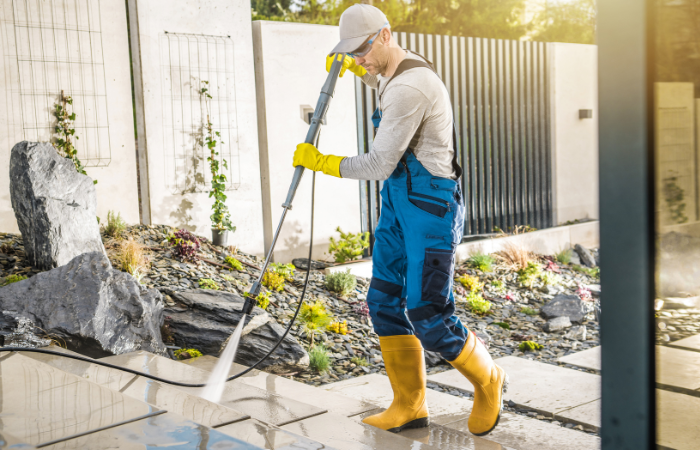
What are the requirements for obtaining a permit for high-pressure surface cleaning
operations?
In various localities, obtaining a permit is essential for high-pressure surface cleaning activities. These permits ensure that operators are informed about and adhere to environmental regulations, safeguarding the local ecosystem from the adverse effects of runoff and chemical exposure. The specific requirements can deviate based on the region, so it is advisable to check with local authorities for the exact criteria.
How does water reclamation benefit the environment during surface cleaning tasks?
Water reclamation during surface cleaning involves capturing used water to prevent it from entering local waterways, thereby avoiding pollution. This process is crucial for protecting natural water bodies from pollutants, helping to maintain the ecological balance, and ensuring cleaner, safer water for all.
Why is it important to select eco-friendly cleaning agents for outdoor cleaning?
Choosing eco-friendly cleaning agents is vital to prevent environmental contamination. These substances are designed to be safe for the environment, breaking down naturally without harming wildlife or polluting water sources. Utilizing these green cleaning solutions helps preserve aquatic life and ensures the sustainability of our ecosystems.
Conclusion
Navigating local regulations for pressure washing and ensuring environmental compliance is essential for any business operating in this field. By understanding the regulations, adopting best practices, and staying informed, you can mitigate environmental impact, avoid penalties, and contribute to a cleaner, healthier community.
At J&S Clean Pros, we are committed to delivering our clients with the highest standard of environmentally friendly pressure washing services. We believe that by working together, we can achieve a sustainable future for our industry and our planet. For more information on our services and our approach to environmental compliance, visit our website or
contact us today.
